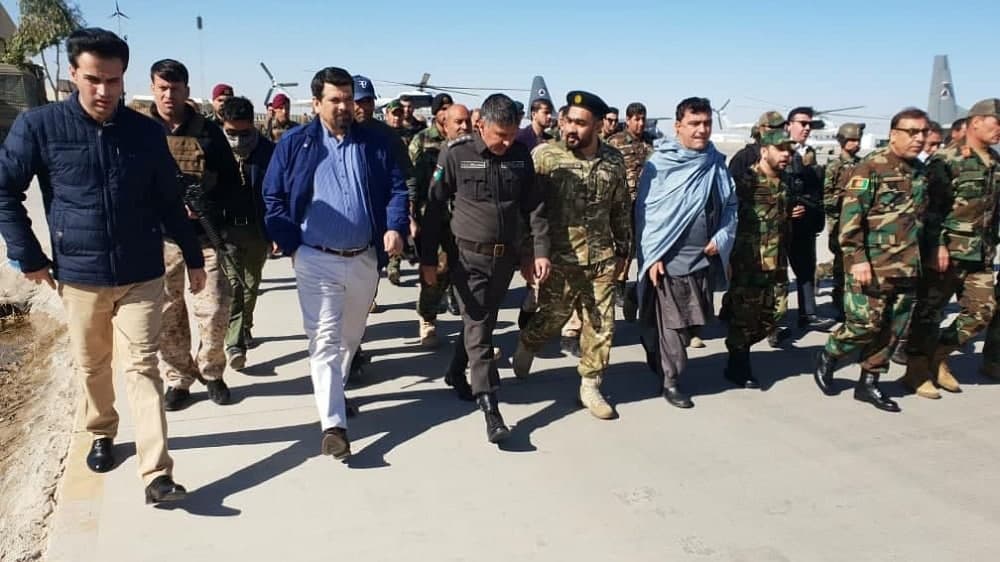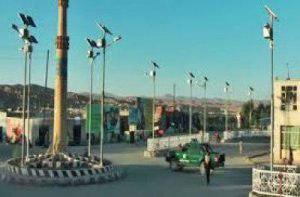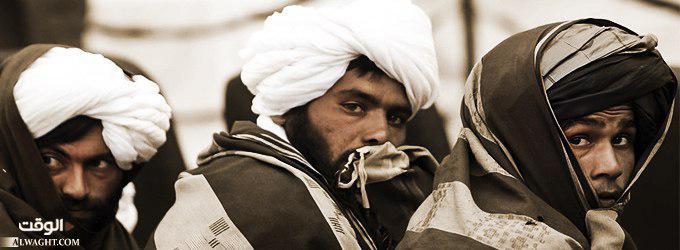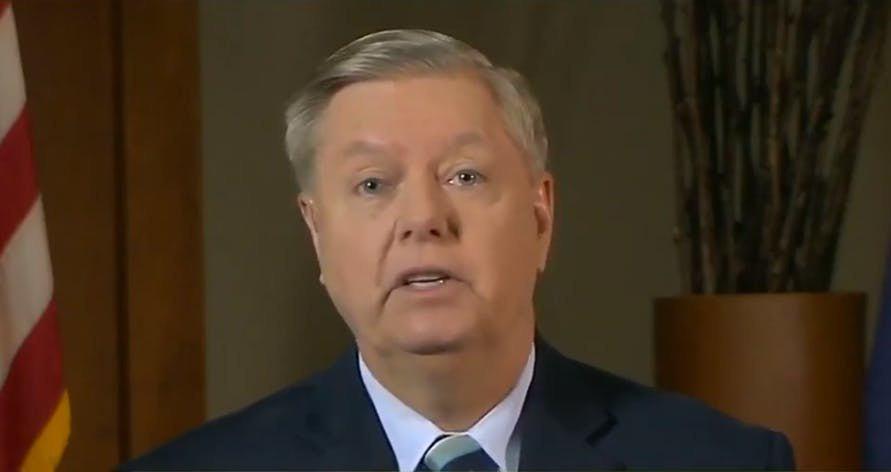Afghan Peace House Questions Combination of Peace Delegation to Doha
Afghanistan Peace House expressed serious concerns over the status of peace talks and the combination of peace negotiators to Doha via issuing a press release on Tuesday.

Afghanistan Peace House expressed serious concerns over the status of peace talks and the combination of peace negotiators to Doha via issuing a press release on Tuesday.
“The ongoing peace talks are challenged by favoritism in appointing peace negotiators, absence of well-known civil society activists in the process, lack of a common strategy for leading the process, and lack of consensus between the Afghan Government and neighboring countries on mutual-interests,” the press release insists.
The full statement:
On concerns and complexities pertaining to peace efforts and combination of peace negotiators in Doha
Peace is certainly one of the most essential needs of the Afghan people and a substantial guarantee for economic growth, education and social welfare. People are optimistic towards peace and reconciliation at times when this momentous process is replete with complexities, sensitivities, ambiguities and hardships. For over a decade, government oppositions have violated the peaceful atmosphere of the Afghan citizens through different deceptive tactics and instead have created room for explosions and suicide bombings-a memory which is mostly likely to remain in the minds of the citizens forever. Afghanistan Peace House firmly believes that the current peace negotiating bodies have proven to be highly inefficient, as of today, these bodies are being led by external/foreign groups and individuals instead of the national ones, which in turn has compounded Afghans’ concerns; and moreover, the current combination of peace negotiators-who are to be part of the coming peace talks in Doha-is profoundly questionable and concern-worthy.
Although peace efforts are still on going, but these efforts have by far been uncoordinated among U.S special envoy, the Afghan Government, Civil Society and High Peace Council of Afghanistan. Afghans are concerned about the settlement process owing to the fact that this process is still vague to them and that the government is yet to reach a concord on finalizing the team of peace negotiators, making the process ambiguous and uncoordinated for people to have their trust in it.
Moreover, these complexities and ambiguities are also attributed to deceptive messages on peace and reconciliation process being spread from different unknown addresses which have cost people their trust in this momentous process; on top of these issues, lack of women’s meaningful engagement in the peace talks, and absence of a solid guarantee for future elections in Afghanistan for prevailing democracy happen to be among some of the major concerns of the Afghan people.
Interventions made by both neighboring and regional countries in inter-Afghan affairs have been highly concrete, and not having consensus on one common agenda for peace talks are highly concern-worthy for the Afghan civil society. The ongoing peace talks are challenged by favoritism in appointing peace negotiators, absence of well-known civil society activists in the process, lack of a common strategy for leading the process, and lack of consensus between the Afghan Government and neighboring countries on mutual-interests.
Afghanistan Peace House, as the largest Umbrella organization of Afghan CSOs, after a diligent scrutiny of the existing situations, proposes the following recommendations, suggestions and opinions concerning the ongoing peace talks:
1. Peace is a national aspiration and should therefore not be victimized by any political group’s exclusive interests.
2. Peace Talks should have no compromise on any of the civil, political, or economic achievements of Afghanistan including women’s rights, freedom of speech, and freedom of press.
3. The peace talk agenda should be developed with respect to what Afghan’s expectations are and should be consulted with Afghans prior to the negotiations.
4. The peace negotiating body should be composed of different categories of peace stakeholders including civil society delegates, political parties, youths, and women and should be made sure that all the fore-mentioned groups have their active engagement in these talks.
5. Women’s achievements and their presence in different spheres of the country under no circumstance should be victimized by peace talks.
6. The Afghan Government along with the international community and High Peace Council are consistently accentuating on military and political aspects when it comes to peace and reconciliation, while for true manifestation of peace, it is highly important that peace talks should have enough room to discuss legal, economic, educational, social and cultural aspects of Afghanistan as well.
7. We request the government officials, donor organizations, United Nations, and other regional and international organizations not to underestimate the Afghan Civil Society’s potential, and should consult all relevant issues with them and have their opinions and recommendations implemented in the peace and reconciliation process.






